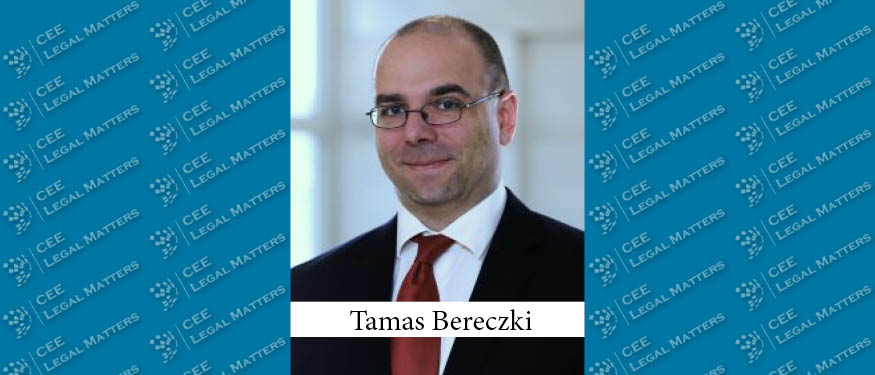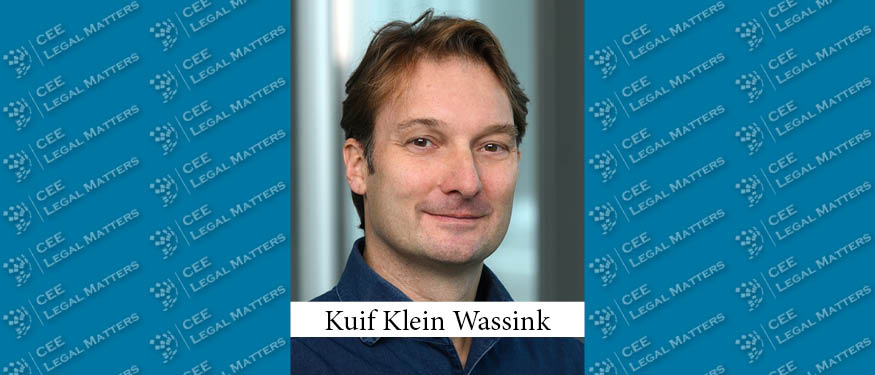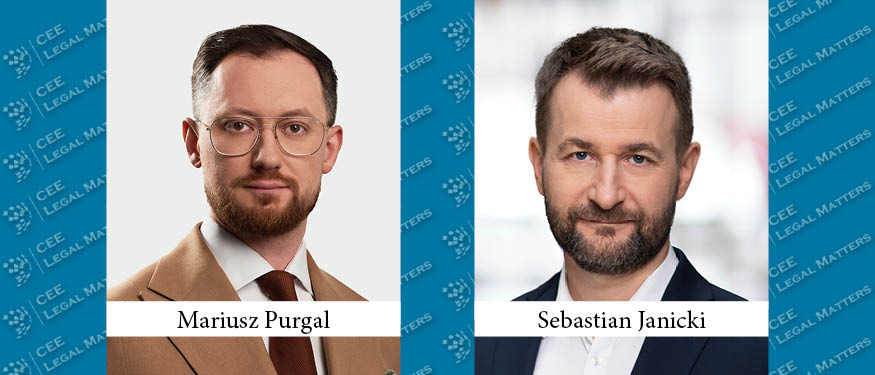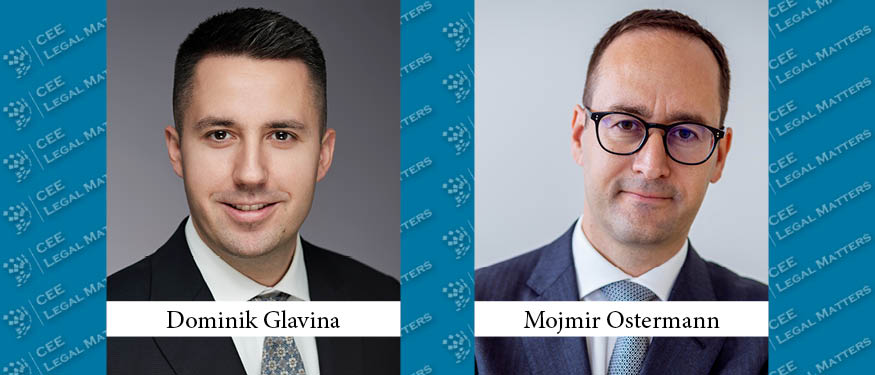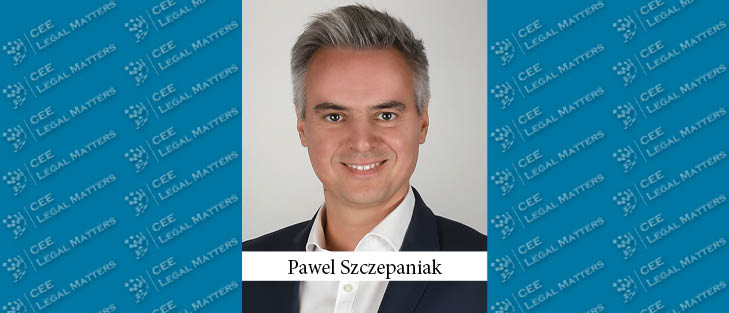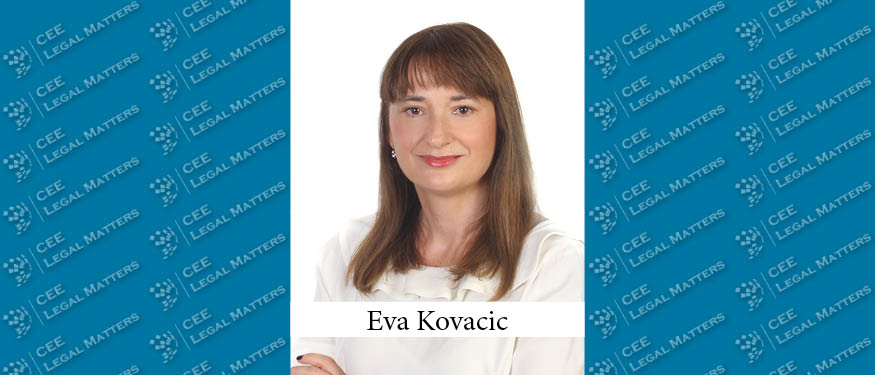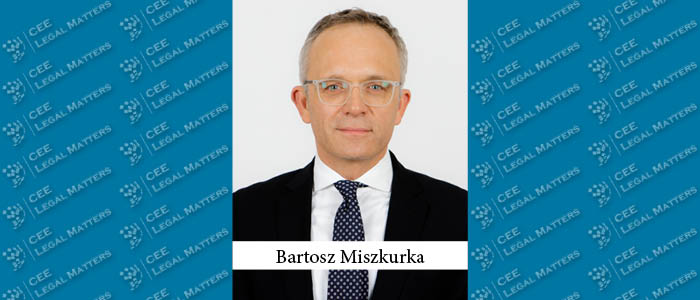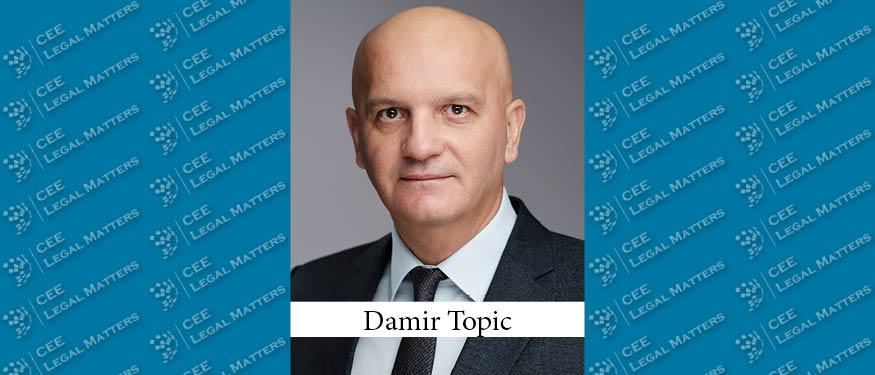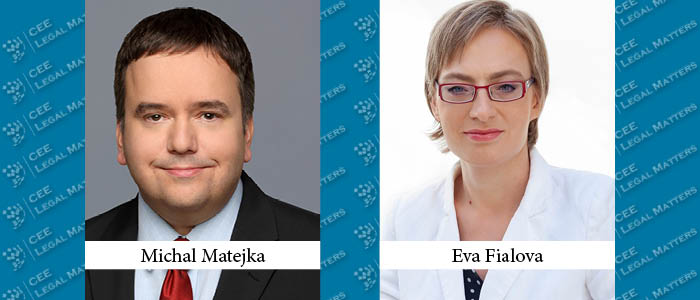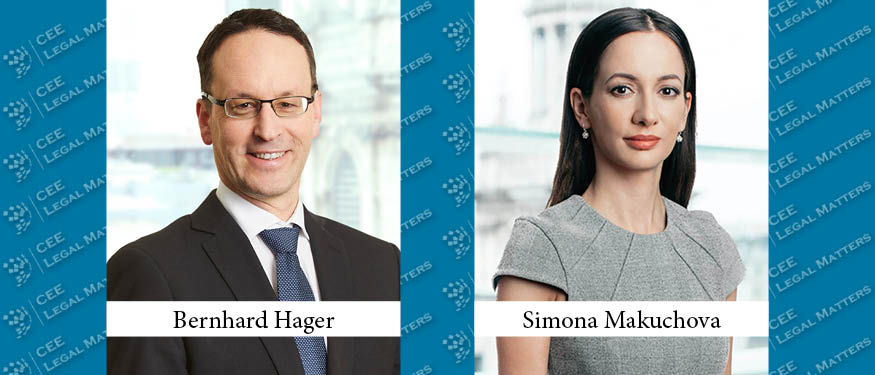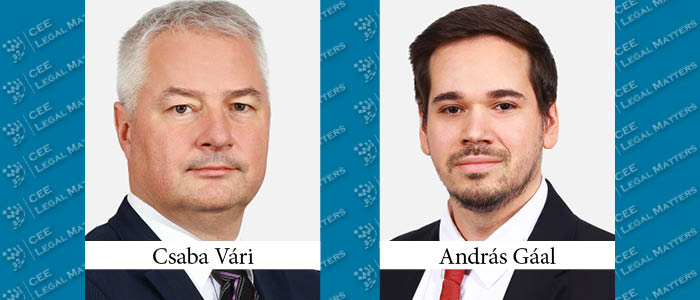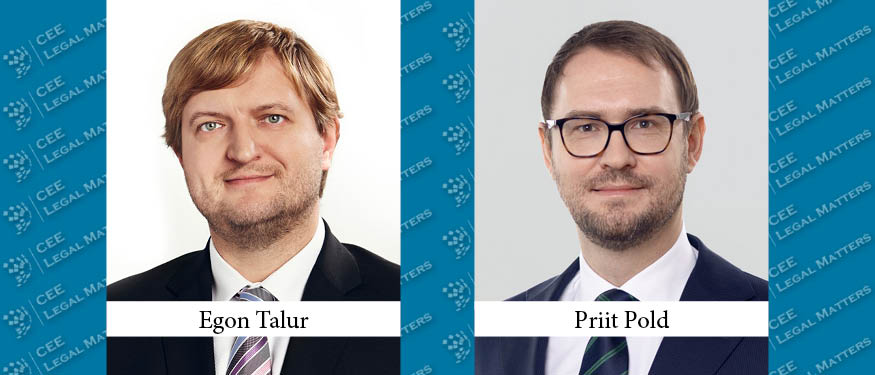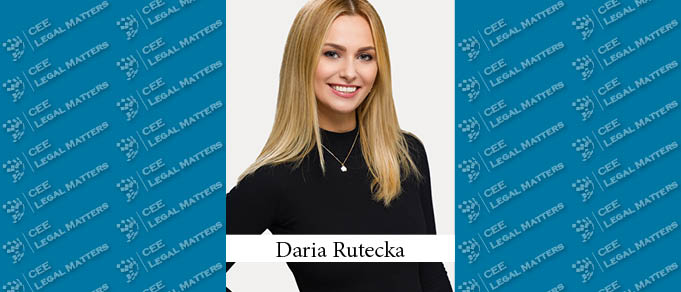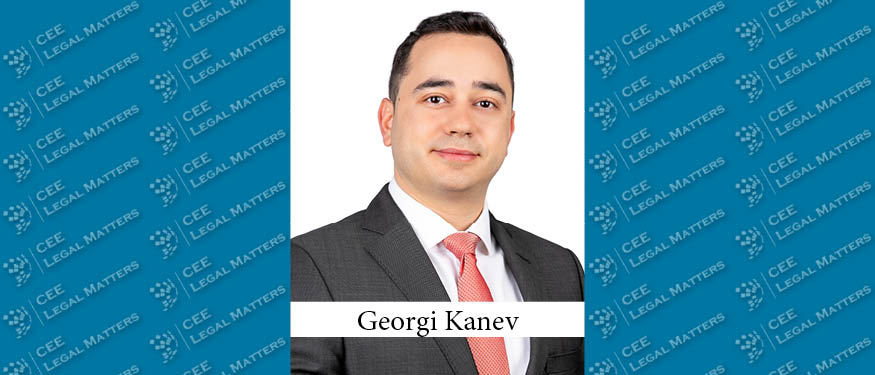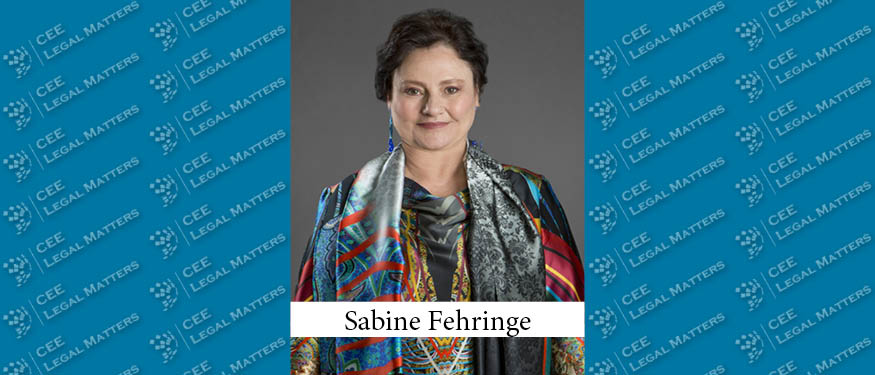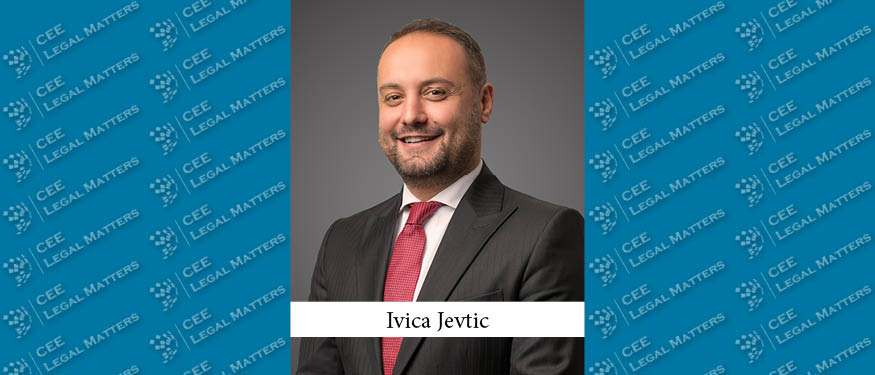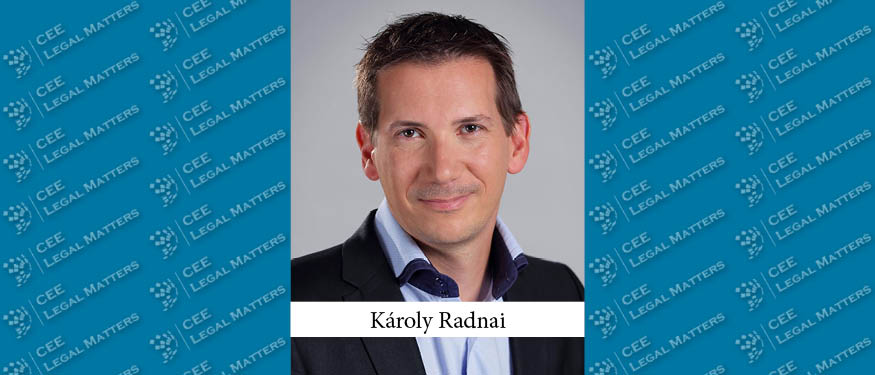When I was invited by the CEE Legal Matters team to write a guest editorial for the CEE Legal Matters magazine, I was initially perplexed, as my career path has been far from traditional. Upon deeper reflection, though, having a second profession alongside a law degree offers unique advantages, particularly when combined with the opportunity to provide both legal and business consultancy services, such as information security consultancy.
The Corner Office: Off The Partnership Track
In The Corner Office, we ask Managing Partners at law firms across Central and Eastern Europe about their backgrounds, strategies, and responsibilities. This time around we asked: If you have a formal partnership track, how do you handle lawyers on it who do NOT end up living up to the requirements to make a Partner?
For the Love of the Game: CEE’s Gaming Sector
Over the past few years, the gaming sector has been thriving in CEE. Kinstellar Partner Milan Samardzic, Rowan Legal Partner Milos Olik, ACI Partners Head of Fintech and E-Payments Nicolina Turcan, and Linklaters Warsaw Associate Aleksandra Czubek explore how CEE jurisdictions are driving the industry forward and unlocking new potential.
Looking In: Kuif Klein Wassink of Dentons
In our Looking In series, we talk to Partners from outside CEE who are keeping an eye on the region (and often pop up in our deal ticker) to learn how they perceive CEE markets and their evolution. For this issue, we sat down with Amsterdam-based Dentons Europe Corporate group Co-Chair Kuif Klein Wassink
Big Goals, Non-Negligeable Challenges: Poland’s Renewable Energy Push
As Poland accelerates its shift toward renewable energy, particularly in offshore wind, key factors drive this transition. Partner and Head of the Compliance Department at KWKR Mariusz Purgal and Penteris Partner Sebastian Janicki look at the country’s renewable energy landscape, major projects, government incentives, challenges, and role in the European Union’s energy transition.
Croatia’s Upcoming Real Estate Tax Reform
As Croatia prepares to implement a new real estate tax, Ilej & Partners in cooperation with Karanovic & Partners Partner Franka Baica, BDV Legal Partner Vladimir Batarelo, and CMS Partner Tamara Jelic Kazic talk about its objectives, potential impacts, and how property owners and investors should respond.
Who Are You Talking To? New Lobbying Law in Croatia
Ostermann Ivancic Managing Partner Mojmir Ostermann and Divjak, Topic, Bahtijarevic & Krka Attorney at Law Dominik Glavina look at Croatia’s new lobbying law and the challenges it poses for businesses engaged in regular talks with public organizations.
Inside Insight: Pawel Szczepaniak of mBank
mBank Deputy General Counsel Pawel Szczepaniak talks about his path to banking and reflects on how his varied background continues to shape his approach to complex legal challenges.
Inside Insight: Interview with Eva Kovacic of Belupo
Belupo General Counsel Eva Kovacic reflects on her journey from law firm beginnings to steering legal and compliance in the fast-paced pharmaceutical world.
Know Your Lawyer: Bartosz Miszkurka of Solivan
An in-depth look at Bartosz Miszkurka of Solivan covering his career path, education, and top projects as a lawyer as well as a few insights about him as a manager at work and as a person outside the office.
Know Your Lawyer: Damir Topic of Divjak, Topic, Bahtijarevic & Krka
An in-depth look at Damir Topic of Divjak, Topic, Bahtijarevic & Krka covering his career path, education, and top projects as a lawyer as well as a few insights about him as a manager at work and as a person outside the office.
Czech Republic: The Cyber Resilience Act
The European Union is following its roadmap to strengthen the cybersecurity framework. After the Cybersecurity Act (Regulation (EU) 2019/881), which created a certification framework and established the European Union Agency for Cybersecurity (ENISA), and NIS 2 (Directive (EU) 2022/2555), which aims at enhancing the cybersecurity of essential and important services, the European Union introduced the protection of connected software and devices, in other words, the cybersecurity of the IoT. In October 2024, the European Council officially adopted the Cyber Resilience Act (CRA) which is about to be published in the EU Official Journal. The Czech Republic is now intensively preparing for the adoption of the Cybersecurity Act, which transposes the NIS 2 Directive, but awareness of CRA is low, even though critical software is being developed in the Czech Republic.
Slovakia: Delays in NIS2 Implementation
Slovakia is currently still in the process of approving the draft legislation for the implementation of Directive (EU) 2022/2555 of the European Parliament and of the Council of 14 December 2022 on measures for a high common level of cybersecurity across the Union, amending Regulation (EU) No 910/2014 and Directive (EU) 2018/1972, and repealing Directive (EU) 2016/1148 (NIS2 Directive). However, Slovakia has missed the implementation deadline of October 17, 2024, with the draft pending approval in Parliament, expected by late November 2024.
Hungary: Cybersecurity Laws – The Saga Continues
Hungary was one of the quickest in the EU to begin implementing Directive (EU) 2022/2555 (NIS2) and one of those few EU member states that met the deadline for implementation. Nevertheless, the Hungarian NIS2 implementation is still incomplete, and the current implementing laws have caused some practical and interpretational issues for various companies.
Estonia: 5 Practical Steps to Prepare for the Artificial Intelligence Act
On August 1, 2024, the Artificial Intelligence Act (Regulation (EU) 2024/1689, AI Act) came into effect, establishing several regulations concerning artificial intelligence systems within the European Union. Although the regulation is already in force, its requirements will gradually come into effect: the first deadlines are set for February and August 2025, while most of the requirements will apply starting August 2, 2026.
Poland: Text and Data Mining – An IP Perspective
Text and data mining (TDM) has emerged as a powerful technique for extracting valuable insights from large datasets, particularly in fields such as research, healthcare, and marketing. However, as the capabilities of TDM continue to expand, it is essential to consider the legal frameworks that govern its application. In Poland, this involves a complex interplay of national legislation and European Union directives, particularly regarding intellectual property rights, data protection, and exceptions for research.
Bulgaria: Key New Court Decisions in Bulgaria’s TMT Sector
Recent court decisions in the technology, media, and telecommunications sector are expected to influence the way in which businesses manage, protect, and enforce their intellectual property rights and trade secrets in Bulgaria.
Austria: Data Strategy – Data Act and Data Governance Act in Focus
Austria’s data strategy is derived from the European data strategy. It aims to improve the framework conditions for the data economy and to promote the secure exchange and broad use of data.

